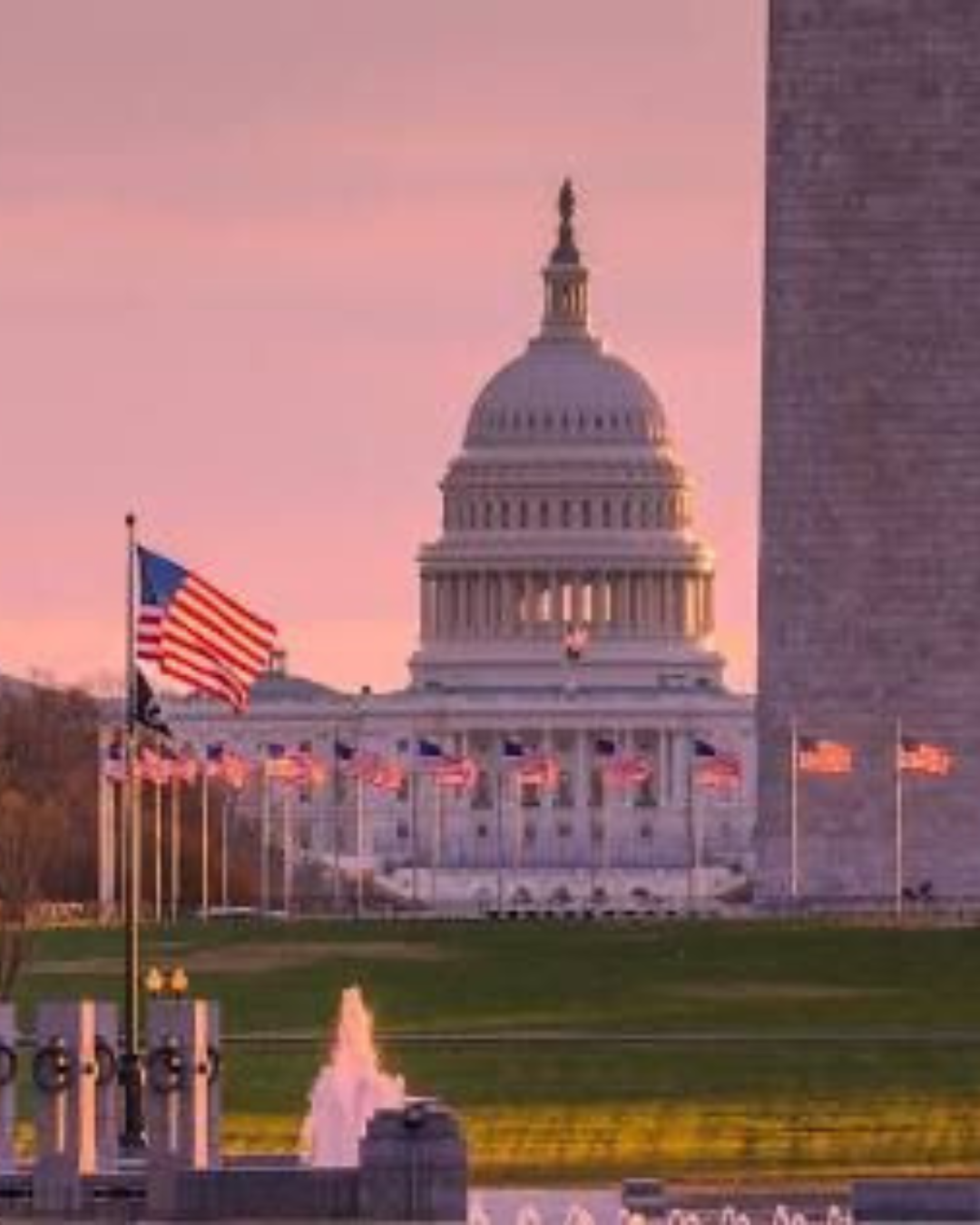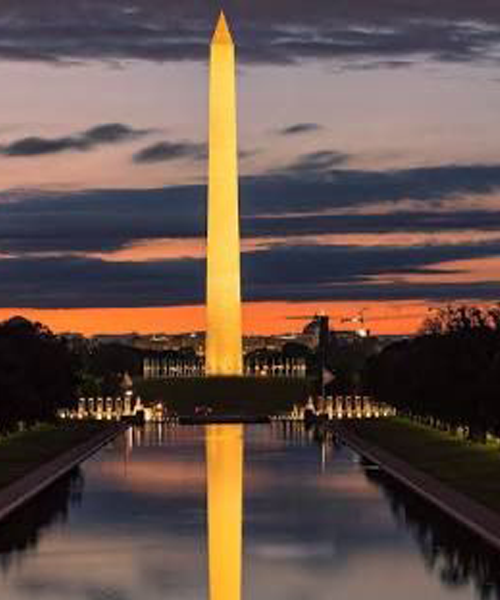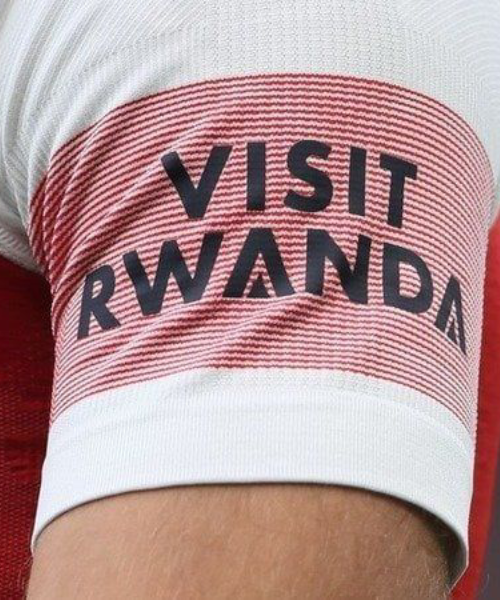Delegations led by Russian presidential aide Vladimir Medinsky and Ukraine’s National Security and Defense Council Secretary Rustem Umerov agreed to a new prisoner exchange involving 1,200 detainees from each side, including civilians held in Russia’s Kursk region. Ukrainian President Volodymyr Zelensky later confirmed that over 1,000 Ukrainians, many seriously ill or wounded, were returned as part of the ninth stage of exchanges.
Despite the humanitarian success, the talks exposed deep divisions over a potential ceasefire. Ukraine reiterated its demand for a full and unconditional cessation of hostilities, emphasizing the need to halt strikes on civilian and critical infrastructure. Russia, meanwhile, proposed short-term ceasefires of 24–48 hours to facilitate evacuation and recovery efforts, but rejected broader terms without preconditions.
The meeting, chaired by Turkish Foreign Minister Hakan Fidan, lasted less than an hour. Fidan urged both sides to pursue “result-oriented negotiations” and reaffirmed Türkiye’s commitment to facilitating peace.
Ukraine also proposed a leaders’ summit by the end of August, involving Presidents Zelensky and Putin, with participation from U.S. President Donald Trump and Turkish President Recep Tayyip Erdoğan. Russia dismissed the idea as premature, insisting that “certain processes” must be completed first.
While the previous two rounds of talks in May and June led to multiple prisoner swaps and the return of fallen soldiers’ remains, they failed to produce a ceasefire. Wednesday’s session followed the same pattern: humanitarian progress, diplomatic gridlock.
As the war enters its fourth year, both sides remain entrenched in their positions. Kremlin spokesman Dmitry Peskov acknowledged the “diametrically opposed” views and warned that “much work” lies ahead.
For now, the exchanges continue — a fragile thread of cooperation in an otherwise fractured dialogue.











